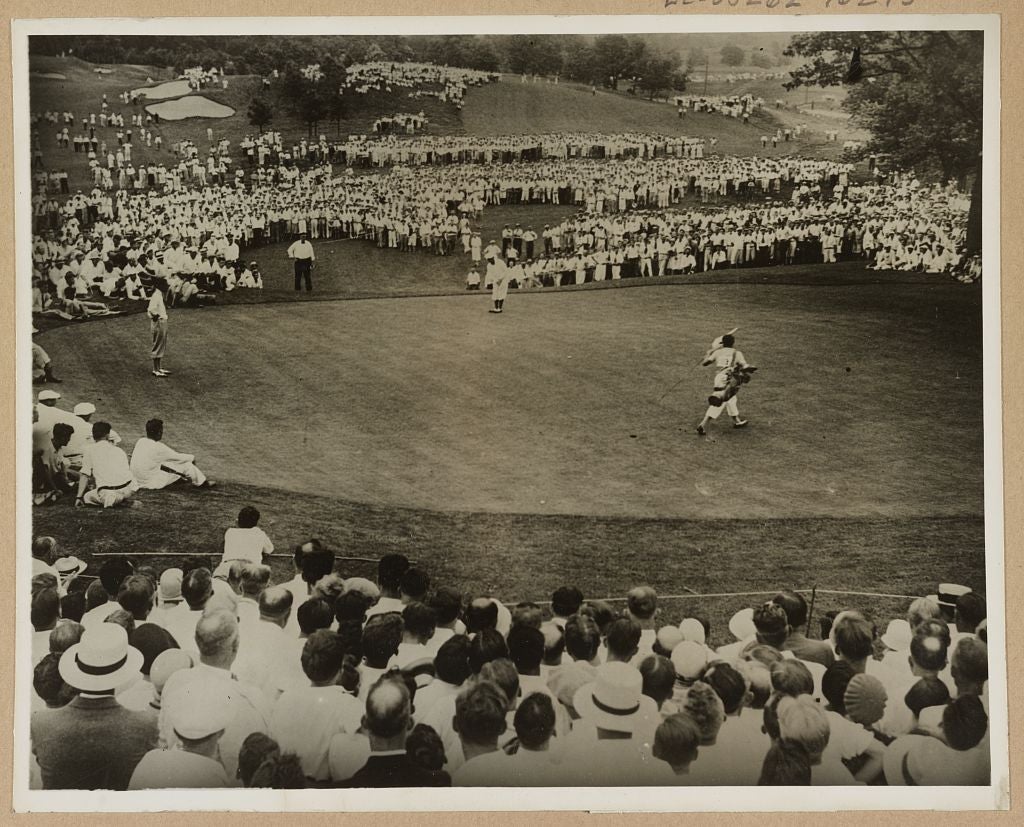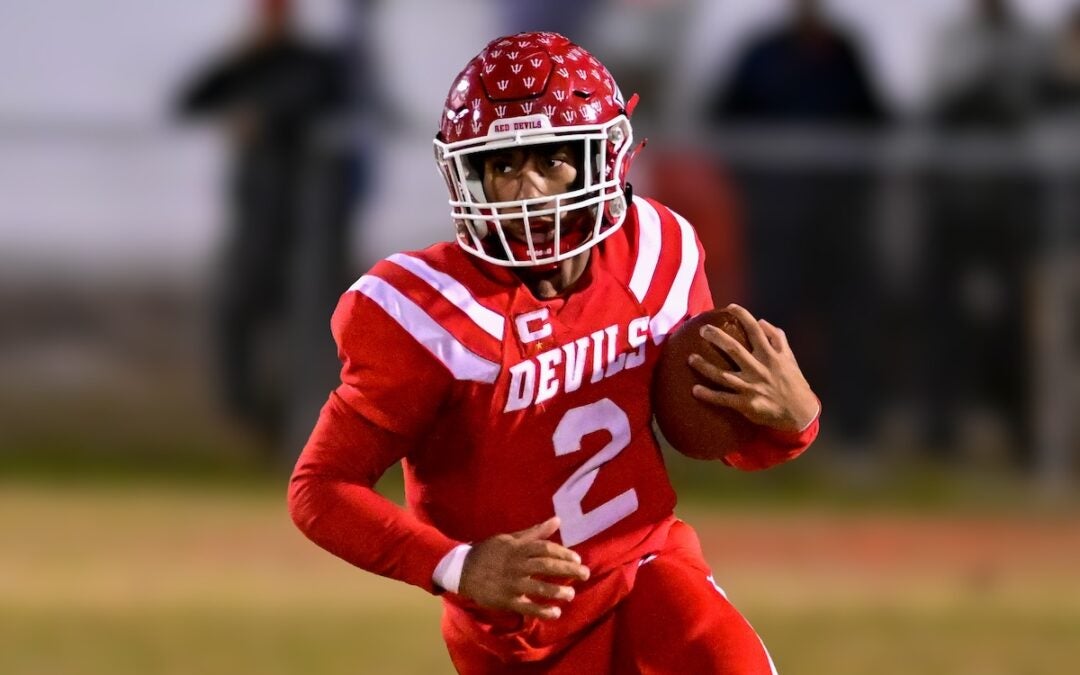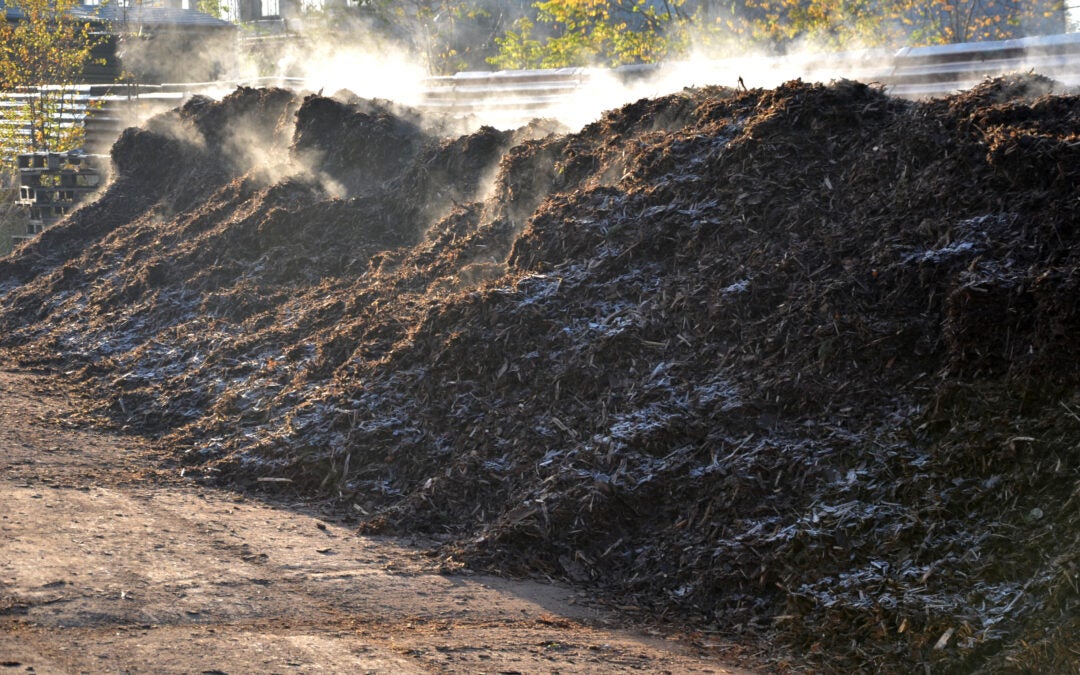(Editor’s Note: This story originally appeared April 9, 2021)
Bobby Jones is not just a golf legend. His name is forever linked to the sport itself with his creation of the Augusta National Golf Course and the Masters Tournament, but Bobby Jones never was a professional golfer, and he never won his own tournament.
There was no question of Jones’ talent and fame in 1930 when he became the only amateur to clinch the coveted Grand Slam, which is winning all four majors in one year. In 1930, Jones won the U.S. Amateur, British Amateur, British Open and U.S. Open. No one has achieved that milestone since.
At the very height of his fame on the golf course, Bobby Jones stunned the golf world and abruptly retired from the game. Jones was famously introverted and was a bit weary of his fame at age 28.
MORE: Grovetown begins monthly recognition of veterans during city council meeting
During that time, Jones’ name was as recognizable throughout the world as “Lucky Lindy,” or Charles Lindbergh, who had only three years before had flown from New York to Paris in a first ever solo flight. Unlike Lindy, Jones was uncomfortable being approached by strangers in public and he downright hated people invading his space while he was trying to play the game.
“It [championship golf] is something like a cage. First you are expected to get into it, and then you are expected to stay there,” Jones was quoted at the time. “But of course, nobody can stay there.”
Jones had also placed multiple bets on himself, and at the end of the Grand Slam, he netted nearly a million dollars in today’s money on his bets alone.
In 1930, Jones had retired from the game of golf, but he wasn’t done with the sport. From his law office in Atlanta, Jones began planning his dream golf course. While he traveled to several possible locations, he instantly fell in love with Fruitlands Nurseries in Augusta that grew fir trees used for Christmas trees, as well as dogwoods and azaleas.
Jones loved the topography, and Augusta offered him the privacy he craved. To this day, it is a known rule that patrons do not approach golfers during the Masters while they are playing the game a rule that originated with Bobby Jones.

In 1934, Jones came out of retirement to participate in the first twelve Masters Tournaments, but his participation was largely for exhibition, and he never donned the coveted Green Jacket.
While his scores in the various tournaments were considered very good at the time, it was clear he was playing for fun. After all, he had the Grand Slam under his belt and seemed to feel no need for any further glory.
Jones and his tournament took a detour when the United States entered World War II. As an officer in the U.S. Army Air Corps, Jones was pressed into service to act as a goodwill ambassador like famed big band leader Glenn Miller.
However, if Jones was going to war, he was going to war to fight and not show off trick golf shots.
Jones was among those participating in D-Day and worked on the front line as an interrogator of German prisoners of war. He reached the rank of lieutenant colonel.
During the war, Jones cancelled the Masters Tournament and gave the land over to the Army for cattle grazing.
By 1948, age and physical decline had caught up with him, and Jones quit the game of golf for good.
Today, the Masters Tournament is one of, if not the most, prestigious sporting event in the world and there’s an introverted golf genius to thank for it. Bobby Jones was a golf genius who never actually played the game professionally.
And that is something you might not have known.
Scott Hudson is the senior reporter for The Augusta Press. Reach him at scott@theaugustapress.com











